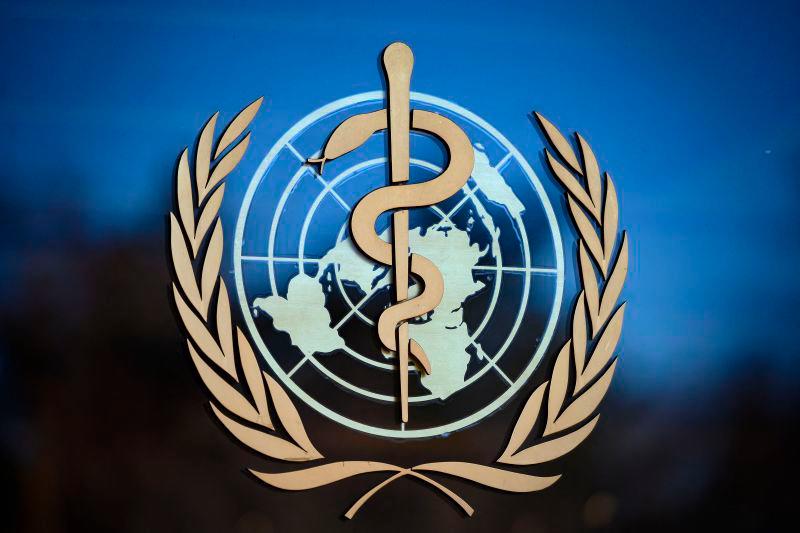GENEVA: The World Health Organization on Thursday said that “extremely high” safety standards are already applied in the development of vaccines, after reports about US plans for a change to testing.
“We are confident in the assessments that go on around vaccines,“ WHO vaccine chief Kate O'Brien told journalists in Geneva.
“The safety of vaccines is held to an extremely high standard.”
O'Brien was asked about a Washington Post report Thursday indicating that US Health Secretary Robert F. Kennedy Jr. aims to shift the way vaccines are tested, requiring all new vaccines to undergo placebo testing.
The reported aim would be to increase safety and transparency but medical experts warn such a move could potentially limit access to vaccines and also undermine vaccine confidence.
O’Brien stressed that the “gold standard” process for vaccine development already calls for placebo testing when developing completely new vaccines against diseases for which no immunisation options exist.
But she warned that existing vaccines that are altered to cover new strains for instance could also be considered new vaccines.
In such cases, it could be unethical to give test subjects a placebo -- an inert product that does not prevent disease -- instead of “vaccines that are life-saving that are already licensed”, she said.
“I think the important part of this is that the quality of clinical trials and safety assessments of those clinical trials are at the heart of what all vaccine development is about,“ O’Brien said.
“It’s very important that we not constrain the ability and opportunity to develop better vaccines... The goal is to continue to develop improved vaccines.”
The WHO warned last week that outbreaks of vaccine-preventable diseases such as measles, meningitis, and yellow fever are on the rise globally amid misinformation and cuts to international aid.
Kennedy, a vaccine sceptic who has long promoted disproven theories linking childhood vaccines to autism, has also in recent days reportedly made false claims that the measles, mumps and rubella (MMR) vaccine contains “aborted fetus debris”.
“Some of these statements around what is used to produce measles and rubella vaccine, they’re not accurate statements,“ O’Brien said.
She urged people with power and influence to help boost confidence in the safety, efficacy and importance of vaccines, which have saved more than 150 million lives in the past five decades, according to the WHO.
“It really is the trust of communities, of people in communities, that forms the impact of vaccines,“ she said.









